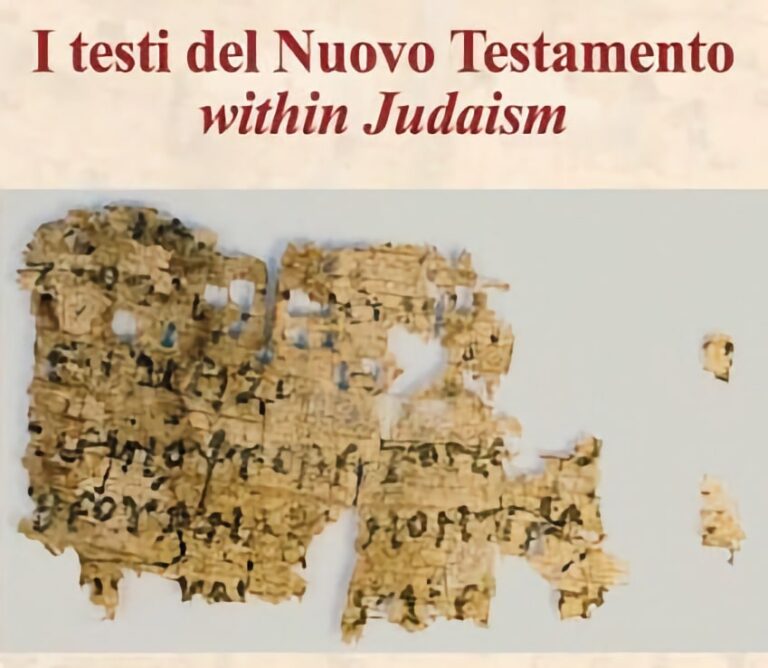The Vetus Latina Bible includes a variety of vocabulary according to various translators’ and revisers’ milieus and intents as they worked from Greek originals. This study aims to analyze the use of cultic verbs in the Vetus Latina Book of Daniel in all its pluriformity, and in Jerome’s translations of the Greek additions to this book.
In order to do so, I focus on key patristic witnesses to trace verbs denoting or connoting divine worship, from the time of Tertullian of Carthage, over Cyprian of Carthage and Lucifer of Caralis, to Jerome of Stridon. The expressions treated, each corresponding to a Greek verb, are: seruio, colo, famulor, appareo, exomologesin facio, hymnum cano, sacrifico, timeo, benedico, adoro, laudo, confiteor, and primitiae. They are analyzed in relation to their Greek Vorlagen and to the Latin context consisting in similar renderings by the same Fathers. The biblical book’s fragmentary VL manuscript evidence and the wider patristic and liturgical tradition are also taken into account. This approach allows for a diachronic view marked sometimes by continuity, sometimes by change, for the Latin rendering of a Greek verb.
“Cultic Verbs in Vetus Latina Daniel and in Jerome’s Translations of the Greek Additions to Daniel.” In 13th International Colloquium on Late and Vulgar Latin (Latin Vulgaire – Latin Tardif XIII). Acta Antiqua Academiae Scientiarum Hungaricae 59/1–4 (2019), 445–452.



